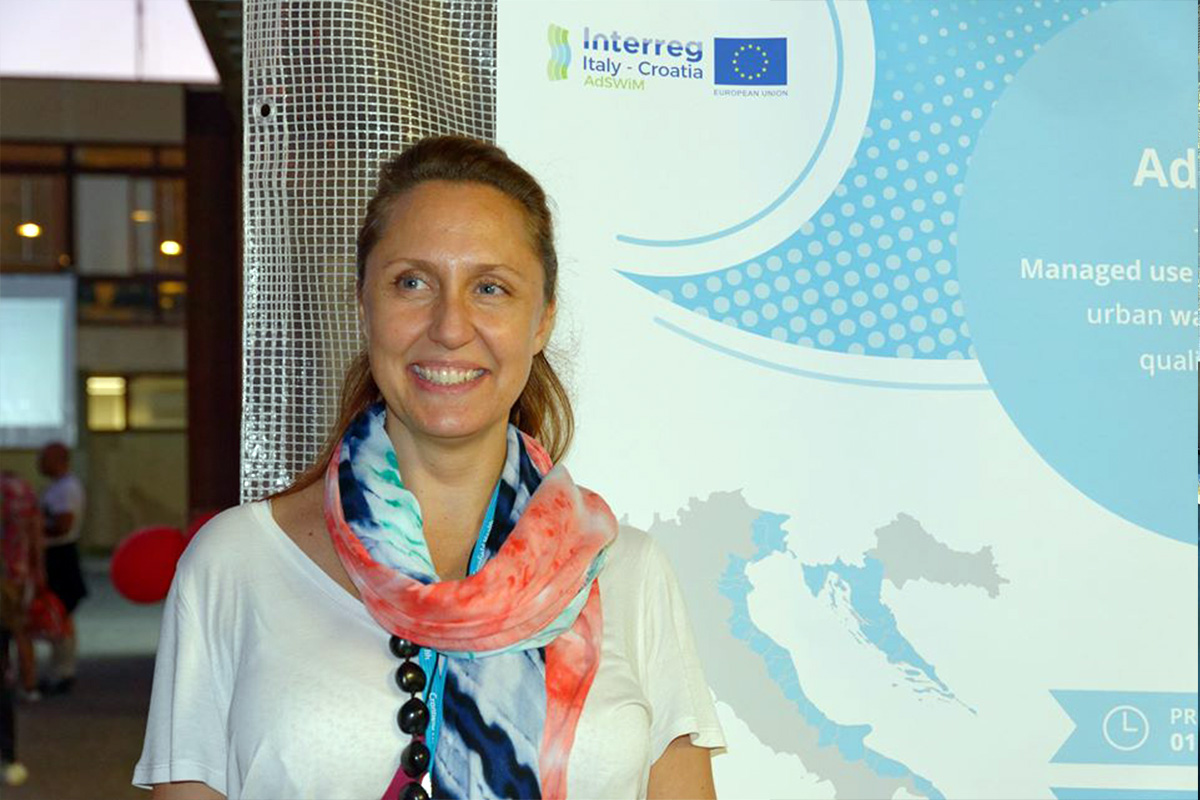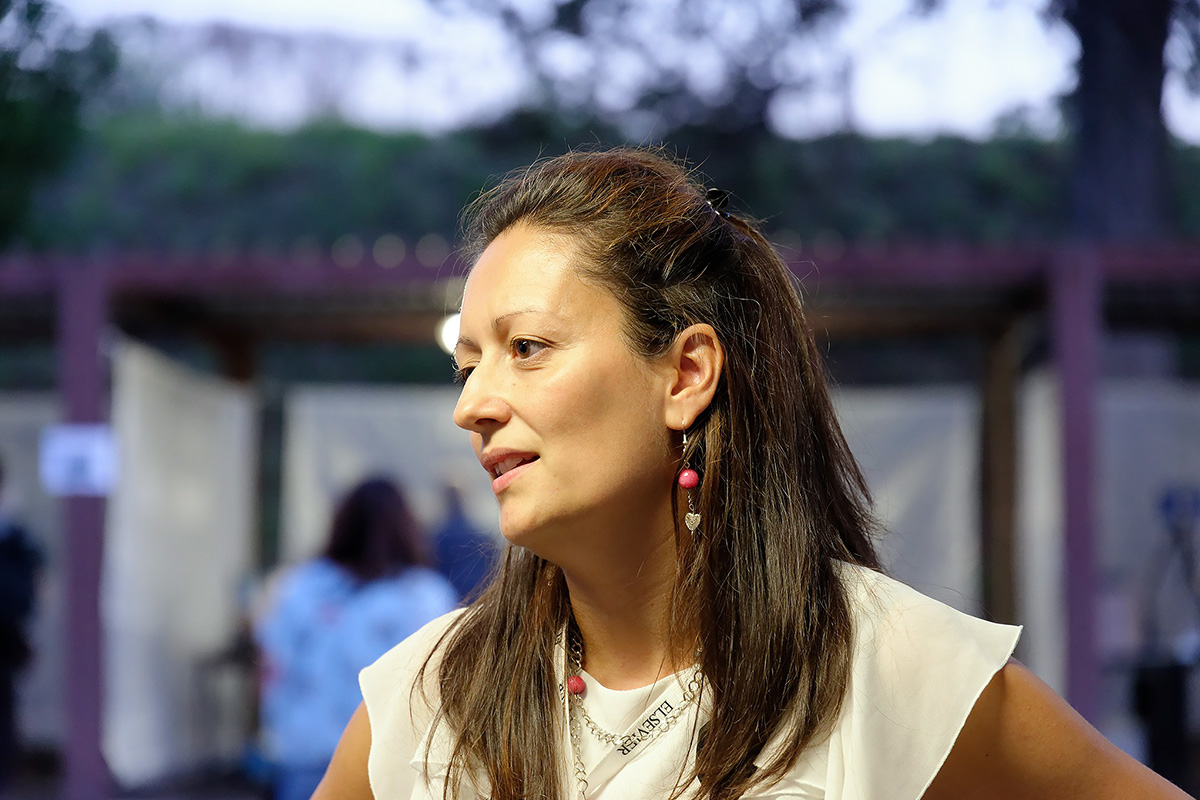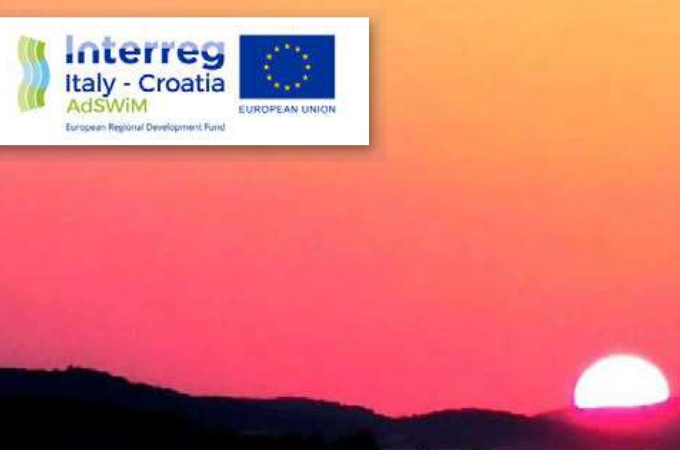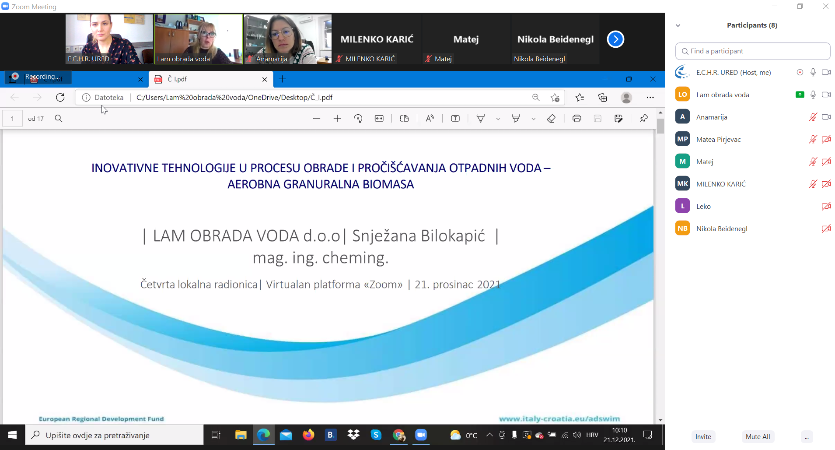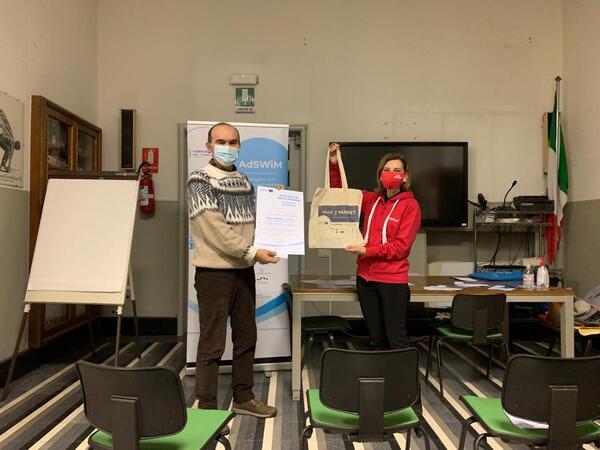The IC-CNR has its main office in Bari (located in the CNR Bari Research Area) and the secondary offices of Rome-Monterotondo (located in the CNR Research Area of Rome 1, Montelibretti), Catania (located in the Research Area of the CNR of Catania), and Trieste (located at the Science Park Area of Basovizza, Trieste), and the Department of Science and High Technology of the University of Insubria studies in Como, Italy.
The overall staff involves 54 researchers, 3 technologists, 20 technical collaborators, 1 administrative officer, 2 administrative collaborators and 5 technical operators. The IC-CNR of Crystallography merges two souls of crystallography, the methodological and the experimental one, with the most advanced research in the field of structural and functional chemistry and biology. It develops innovative crystallographic methods, applicable to inorganic and biological materials. It studies the structure-activity-function relationships of inorganic, organic, bioinorganic compounds, proteins of industrial and biopharmaceutical interest, characterizes materials of technological interest such as nano-crystals and quasi-crystals and develops instrumental research by introducing innovative scientific instrumentation on the international market. It is also an important software developer of international interest and it manufactures innovative sensors and bio-sensors based on photosynthetic proteins, necessary for various environmental, food and medical applications.
Viviana Scognamiglio and Amina Antonacci are involved in Adswim research and in the development of biosensors/bioassays for the assessment of seawater biotoxicity in the Adriatic. Their latest reearch work, thanks also to Adswim involvement, was pubblished in:
- Bartolucci, C., Antonacci, A., Arduini, F., Moscone, D., Fraceto, L., Campos, E., ... & Santander, J. M. P. (2020). Green nanomaterials fostering agrifood sustainability. TrAC Trends in Analytical Chemistry, 115840.
- Antonacci, A., & Scognamiglio, V. (2019). Biotechnological Advances in the Design of Algae-Based Biosensors. Trends in biotechnology.
- Scognamiglio, V., & Arduini, F. (2019). The technology tree in the design of glucose biosensors. TrAC Trends in Analytical Chemistry, 115642.
- Castrovilli, M. C., Bolognesi, P., Chiarinelli, J., Avaldi, L., Calandra, P., Antonacci, A., & Scognamiglio, V. (2019). The convergence of forefront technologies in the design of laccase-based biosensors-an update. TrAC Trends in Analytical Chemistry.
- Antonacci, A., & Scognamiglio, V. (2019). Photosynthesis-based hybrid nanostructures: electrochemical sensors and photovoltaic cells as case studies. TrAC Trends in Analytical Chemistry.
Great stem women! Great work. We will attend the final results.

